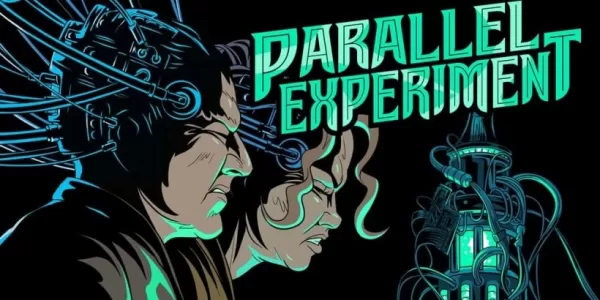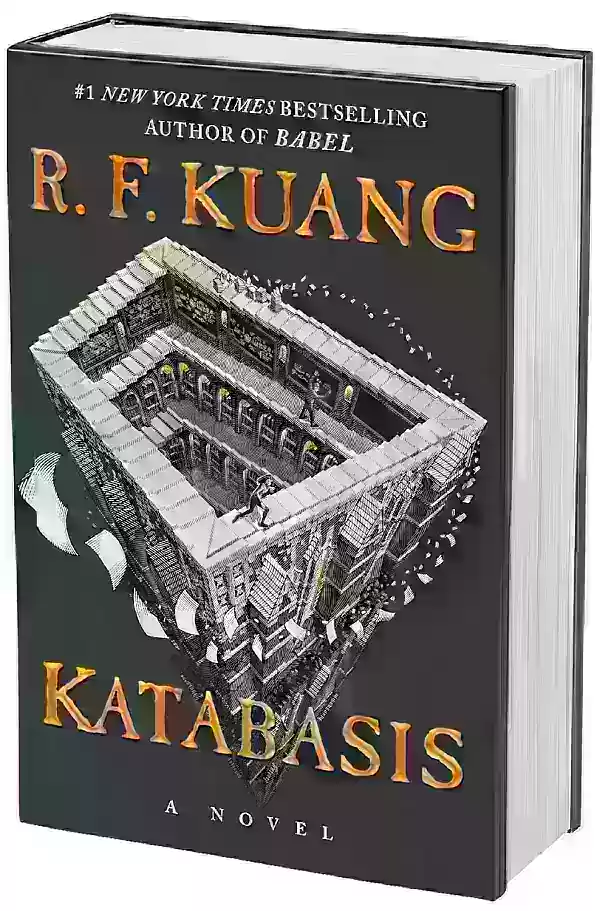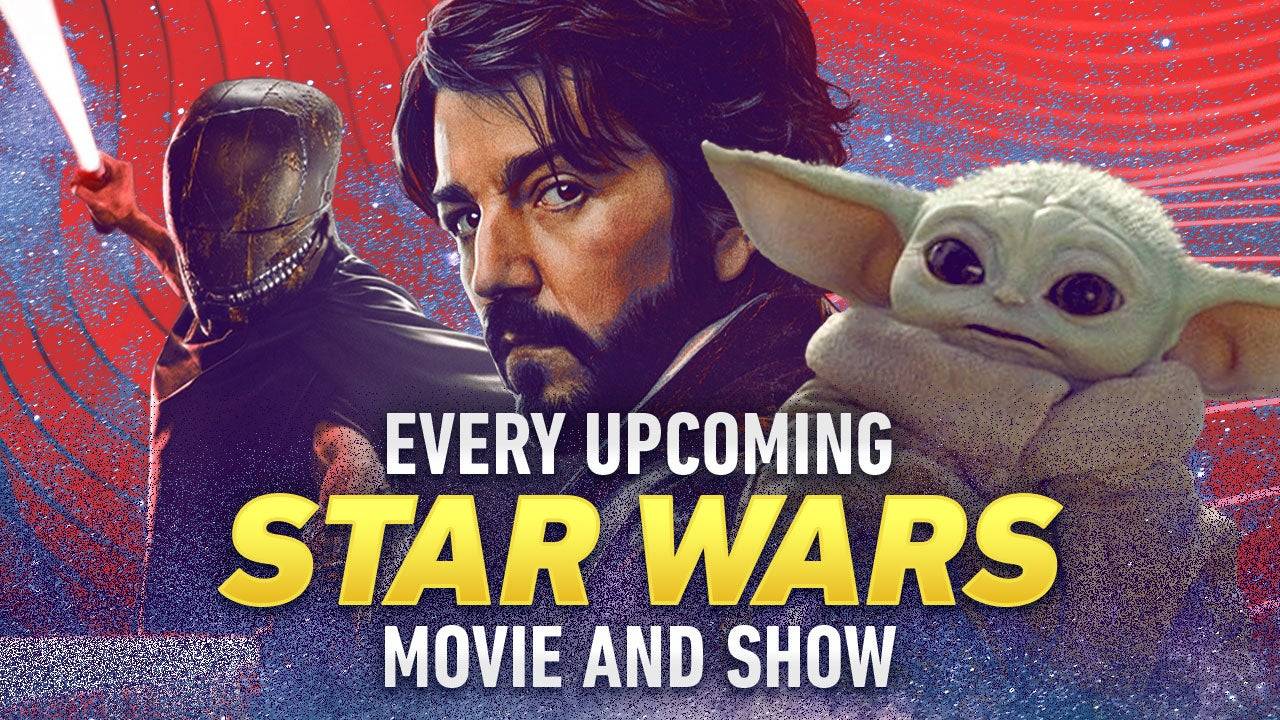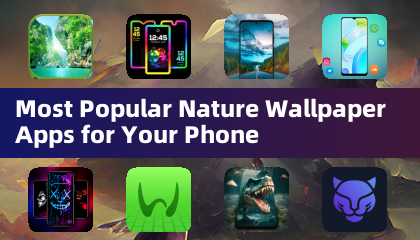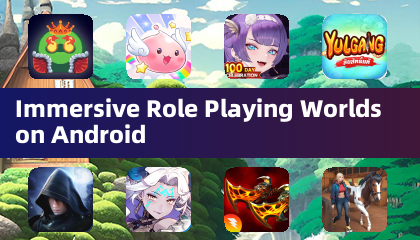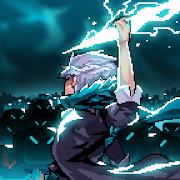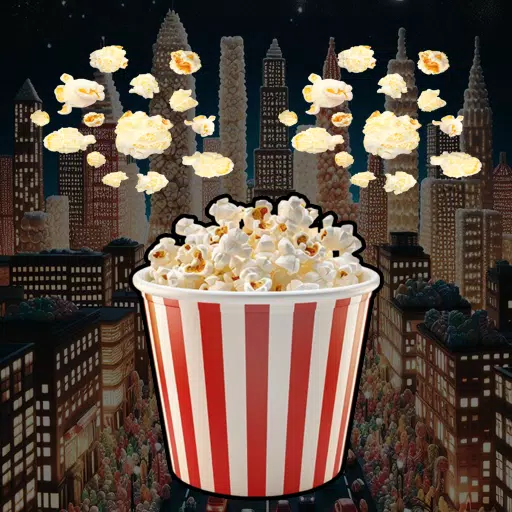The discussion around the use of artificial intelligence (AI) in game development has gained traction recently, with notable figures like NieR series director Yoko Taro voicing concerns about its potential impact on the industry. In a recent interview with Famitsu, as translated by Automaton, a group of Japanese game developers renowned for their narrative and storytelling prowess shared their perspectives on the future of game creation. This group included Yoko Taro, Kotaro Uchikoshi (known for Zero Escape and AI: The Somnium Files), Kazutaka Kodaka (Danganronpa), and Jiro Ishii (428: Shibuya Scramble).
During the conversation, the panel was asked about the future of adventure games, prompting a discussion on AI's role. Kotaro Uchikoshi expressed apprehension about the rapid evolution of AI technology, suggesting that AI-generated adventure games could become mainstream. However, he noted that current AI struggles to produce writing that matches human creativity, emphasizing the importance of maintaining a "human touch" in game development to stay ahead of technological advancements.
Yoko Taro shared similar concerns, fearing that AI could lead to job losses for game creators. He speculated that in 50 years, game creators might be seen as akin to bards, a reference to a bygone era of storytelling. When asked if AI could replicate the intricate worlds and narratives of their games, including unexpected twists, Yoko and Jiro Ishii agreed it was possible. Kazutaka Kodaka, however, argued that while AI might imitate their styles and works, it would lack the essence of a true creator. He used David Lynch as an example, noting that creators can mimic Lynch's style, but Lynch himself could evolve his style in a way that remains uniquely authentic.
Yoko also floated the idea of using AI to generate new scenarios, such as alternate routes in adventure games. Kodaka countered this by pointing out that such personalization could diminish the shared experience of gaming.
The debate over AI in gaming extends beyond this panel, with other industry leaders and companies like Capcom, Activision, Microsoft, and PlayStation also engaging in the conversation. Nintendo president Shuntaro Furukawa has highlighted the potential for generative AI to be used creatively, though he also acknowledged the challenges it poses, particularly concerning intellectual property rights.

 LATEST ARTICLES
LATEST ARTICLES 